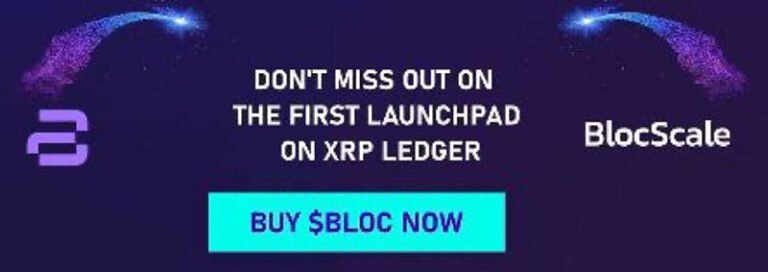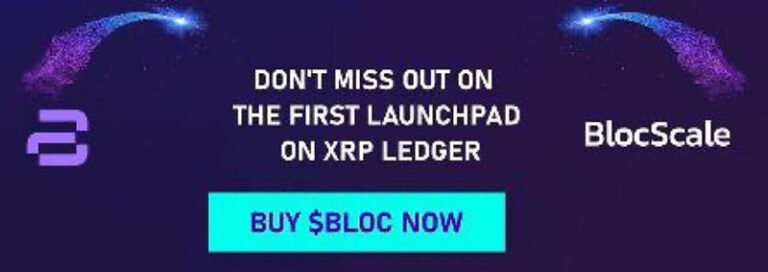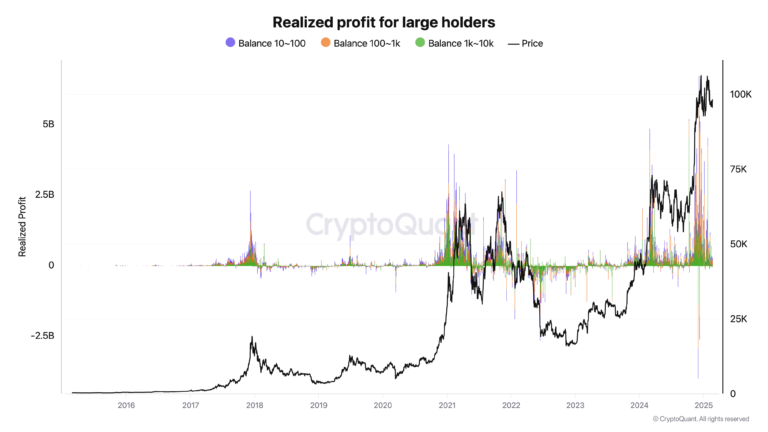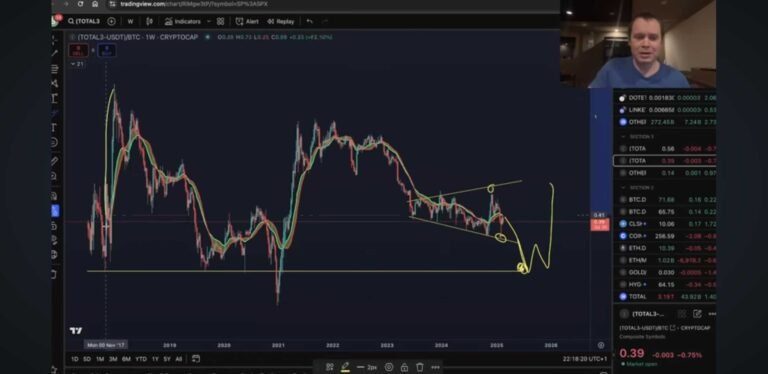
[ad_1]
Bitcoin Core developer Luke Dashjr has raised considerations in regards to the finality of Bitcoin transactions, declaring that the commonly authorised six-block affirmation rule now not holds.
In step with him, transaction finalization now takes over every week, casting doubt on Bitcoin’s resistance to censorship.
Finality refers back to the level the place reversing a transaction turns into almost unimaginable because of the immense computational energy required. Historically, this threshold was once reached as soon as six blocks had been added after the unique transaction.
Why Bitcoin transactions are taking longer to finalize
Dashjr argues that the normal usual now not applies because of the expanding centralization of Bitcoin mining swimming pools. In a Feb. 8 X publish, he defined that he tried to replace the six-block affirmation goal in Bitcoin Knots, a Bitcoin Core selection.
Alternatively, his calculations indicated that because of Antpool’s important proportion of the community hashrate, attaining 95% safety now calls for over 800 blocks—similar to roughly 5.5 days.
Information from the HashRate Index presentations that Antpool controls about 16.67% of Bitcoin’s general hash energy, trailing Foundry USA at 33.12%. Different main swimming pools come with F2Pool (8.87%), MARA Pool (6.06%), and SecPool (5.19%).
Alternatively, Dashjr disputes those figures, announcing that a number of swimming pools, similar to Braiins and in all probability ViaBTC, act as proxies for Antpool, making its affect some distance larger. He additionally famous that many miners unknowingly give a contribution to attainable community reorganizations by means of running beneath centralized swimming pools.
Trade considerations
Trade mavens have echoed those considerations, caution that the expanding dominance of a couple of mining swimming pools exposes Bitcoin to attainable censorship or even a 51% assault.
Bob Burnett, CEO of Barefoot Mining, stated that if a unmarried entity controls a good portion of the community’s hash energy, it might manipulate the blockchain by means of reorganizing transactions.
He famous:
“At a minimal, (the danger) is existential to Bitcoin being censorship resistant and it additionally method immutability takes a long time to succeed in.”
Bearing in mind this, Burnett proposed that retail traders play a task in restoring decentralization.
He instructed pressuring publicly traded mining corporations to unfold their hash energy throughout smaller swimming pools, making sure no unmarried entity controls over 15% of Bitcoin’s community. If miners refuse, he believes traders must divest their shares and publicly name out non-compliant corporations to deal with Bitcoin’s decentralized nature.
In the meantime, now not everybody concurs that this factor is as critical as Dashjr claims. Daniel Roberts, the co-founder of Iris Power Ltd, downplayed those considerations, suggesting that Bitcoin’s design permits it to self-regulate through the years.
Roberts added:
“Bitcoin would possibly not best, and we must proceed to take a look at and strengthen it, however some of these problems are most often both self-correcting or constructed into the design deliberately.”
Discussed on this article 
[ad_2]
Supply hyperlink




